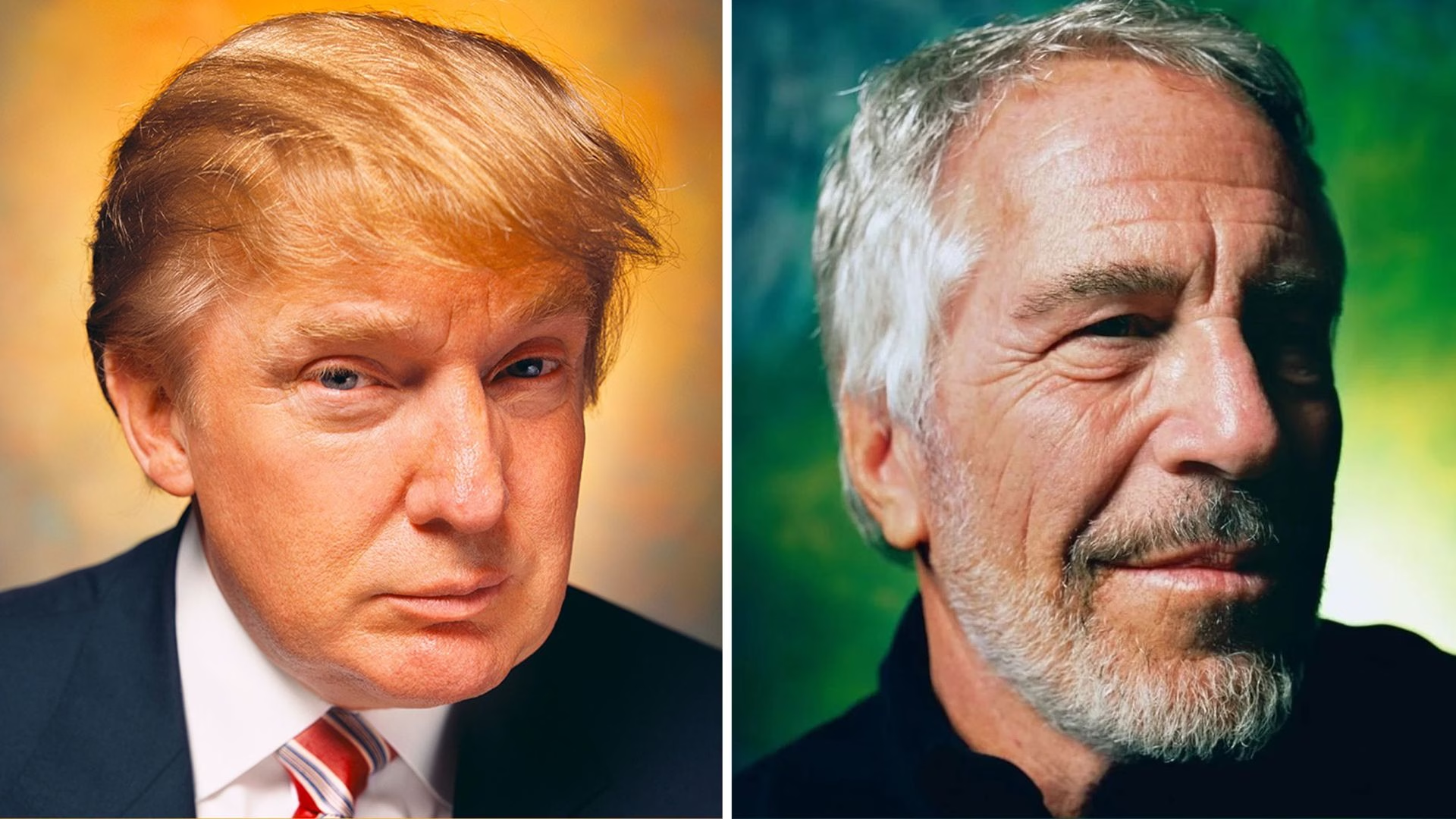Gunfire in the Virgin Islands, officials say, is now too often the rapid staccato of military-style rifles — weapons capable of emptying dozens of rounds in seconds and increasingly built from parts sent through the mail. Bill No. 36-0144 is meant to confront that firepower, but after clearing committee last week, it now heads to Rules amid fierce debate over safety, rights, and how far the territory should go in limiting guns on its streets.
Sponsored by Sen. Clifford Joseph, the bill proposes a broad set of restrictions on what it defines as “assault weapons,” a category that includes both specific models like the AR-15 and AK-47, and any semiautomatic firearm outfitted with features such as a pistol grip, folding stock, detachable magazine, or threaded barrel. If enacted, it would regulate the importation, sale, transfer, and new possession of these weapons, while allowing those who already legally own them to keep them under strict conditions.
Those conditions, however, are substantial: current owners would be required to register their firearms within 90 days, pay a $1,000 per-weapon registration fee, and store them securely. The law would prohibit carrying them in public, limiting use to the owner’s home or property, or to transport while unloaded and locked to a licensed shooting range. Suppressors and rapid-fire devices, along with magazines holding more than 10 rounds, would be prohibited outright, with the exception of law enforcement and military personnel.
The urgency of the measure came into sharper focus during the Sept. 4th Homeland Security, Justice, and Public Safety Committee hearing when Sen. Novelle Francis, himself a former police commissioner, pressed VIPD’s current Assistant Commissioner Sean Santos on what kind of firearms officers are encountering most on the streets. Santos identified carbine rifles — including AK-47 style weapons — as the weapons of choice, confirming what Francis described as an escalating threat.
“AK-47 — capable of firing 600 rounds from 300 meters, that’s almost 1,000 feet away, capable of killing, maiming hundreds of people at any given time. On the streets they call it a chopper, and they’re selling for about $5,000 to $6,000,” Francis said, asking Santos how often VIPD responds to calls involving such firepower.
“They’ve become common on the streets,” Santos said, noting that police are recovering more and more 5.56 shell casings at crime scenes. Many of the rifles, he explained, are being assembled locally with parts shipped through the mail and then sold illegally. “We’re seeing a steady rise in M4-style rifles and ghost guns being picked up,” he added.
Supporters of the measure insist that it is not a blanket ban on gun ownership but a targeted effort to remove the most dangerous weapons from circulation. Joseph himself told colleagues during the hearing that the bill “does not prevent law-abiding citizens from carrying firearms or keeping them for home protection,” arguing instead that it is designed to curb weapons that have been repeatedly linked to shootings in the territory.
We are not trying to take away people’s rights,” Joseph said, framing the bill as a response to what he called a growing crisis of firepower on Virgin Islands streets. In a call with the Source Sunday night, he explained the proposal had been developed with VIPD since January, not drawn up at random, and that the weapons it targets — large-capacity rifles capable of firing multiple rounds in rapid succession — are not the kind that belong on the streets.
Joseph emphasized that public safety is his priority and that amendments soon to be introduced will likely refine the bill to make clear exactly which firearms are covered. Meanwhile, he added that the success of the bill depends on enforcement: laws that are enforced, he said, are respected — and effective, a sentiment echoed by public officials Thursday who testified in support of the bill.
Attorney General Gordon Rhea said the legislation addresses the sheer firepower increasingly recovered from crime scenes.
“We’re not talking about hunting rifles,” Rhea testified. “We’re talking about weapons outfitted with drum magazines that can hold 50 or 100 rounds. When those are unleashed, the results are catastrophic.”
He called the large-capacity magazine restriction in particular a “common sense safeguard” that mirrors laws in other jurisdictions and has already been upheld by courts. Santos, speaking for VIPD, told lawmakers that the department supports the ban on suppressors, high-capacity magazines, and rapid-fire devices, as well as requirements for firearm training and stricter oversight of accessories.
“Our officers are encountering these firearms on the street, and the threat to both law enforcement and the public is real,” he said. At the same time, he suggested senators consider a narrower approach to assault weapons themselves, such as restricted possession for home defense or use at licensed ranges, while coupling that access with secure storage rules and stiffer penalties for misuse. Meanwhile, Tony Emmanuel, director of the Office of Gun Violence Prevention, said that while no single law could end gun violence, the bill represented a vital step.
“Even with enforcement challenges, we cannot remain silent,” he told senators. “Passing this legislation would send a strong message: the lives of Virgin Islanders are more valuable than the ability to own weapons of war.”
Critics, however, see the measure in very different terms. Luis Valdes, Southeast Regional director for Gun Owners of America, told the Source Saturday that his organization became involved after members in the Virgin Islands reached out, including Kosei Ohno, a co-owner of Crown Bay Marina, who said he and other local safe gun owners were not given an opportunity to testify on the bill. Ohno, in a separate call with the Source, spoke about the burden for gun owners of complying with the proposed law, particularly the $1,000 registration fee per firearm for individuals who already lawfully own multiple weapons. Ohno has also said his stance on owning and carrying a firearm boils down to safety, especially for marina tenants.
For Valdes, however, the problem goes deeper. “This is gun control, plain and simple,” he said. “When you restrict someone from carrying a firearm outside their home, require exorbitant registration fees, and define assault weapons so broadly that even cosmetic features trigger a ban, you’re not regulating, you’re banning.”
Valdes, who said he spent 15 years in law enforcement in Miami, framed the bill as an example of failed policy, arguing that the Virgin Islands already has some of the strictest gun laws in the United States while also ranking near the top in homicide rates. “That should tell you something,” he said. “Gun control doesn’t work. Criminals don’t follow the law. All this does is punish the law-abiding while the bad guys keep their weapons.” He confirmed that GOA has already drafted a letter to Sen. Carla Joseph, chair of the Rules Committee, requesting to testify when the measure comes up for consideration.
Valdes also pushed back on arguments about school safety and mass shootings, citing his own experience as a school resource officer. “Gun-free zones don’t work,” he said. “Predators look for soft targets. The best solution isn’t banning firearms, it’s arming teachers and staff so they can protect children in their care.” His rhetoric reflects broader national debates, where advocates cite mass shootings as evidence for stricter controls and opponents argue that bans make the public less safe by disarming potential defenders.
With Bill No. 36-0144, the Virgin Islands would join 10 states and Washington, D.C. in restricting assault weapons — states including California, New York, New Jersey, Connecticut, Massachusetts, Maryland, Delaware, Hawaii, Illinois, and Washington. Many of these laws allow owners to keep existing weapons through registration; however, the proposed $1,000 per-weapon registration fee in the Virgin Islands would likely surpass most others. Fourteen states plus D.C. also impose limits on magazine capacity — typically capped at around 10 rounds — and those laws have largely withstood legal challenges. Indeed, appellate courts have upheld large-capacity magazine bans, and the U.S. Supreme Court has declined review of several such cases this year. Still, the legal outlook remains unsettled following the Court’s 2022 Bruen ruling, which requires gun laws to align with the nation’s historical tradition of firearm regulation.
The Rules and Judiciary Committee is expected to take up the bill late Monday afternoon, with Ohno testifying, according to a revised agenda set out by the Legislature Sunday.
St. Croix Source
Local news



